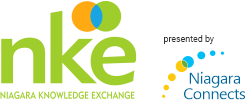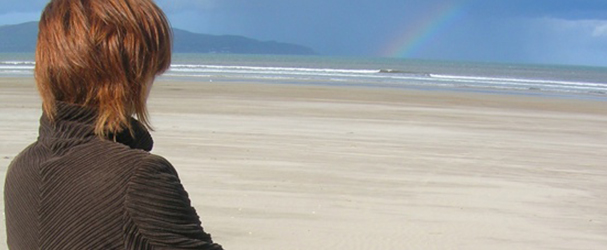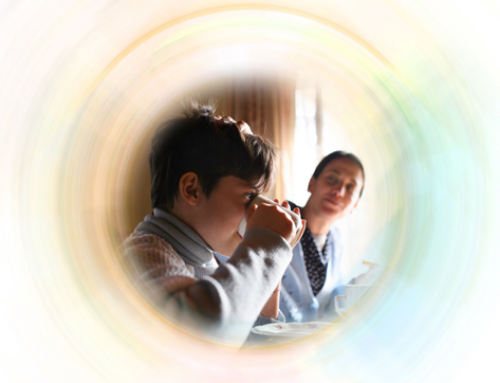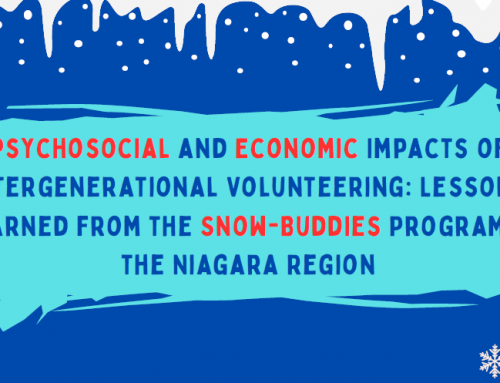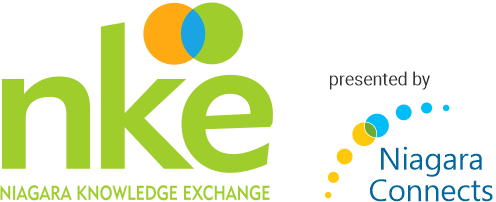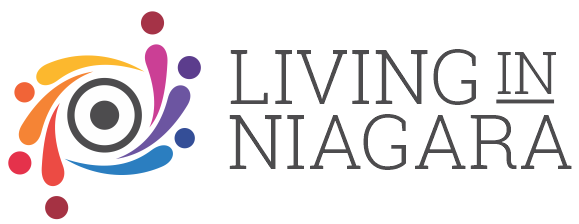This blog is part of a 7-part series about Mental Health in England. Check out the links below to read other blogs in this series.
Care UK’s mental health division, Real Outcomes for Real People focuses on Recovery shared through the organization’s promotional material Kevin tells his experience suffering from schizophrenia and staying in hospitals. He is now quite comfortable at the Riverbank, a program of Care UK. He shares that he is now able to “chill out in the bistro with other service users, watch TV or use the internet.”
Most service agencies these days profess a recovery orientation, which has been amply proven to be the most humane and legitimate approach to service. What makes the Real Outcomes for Real People program outstanding is that it backs up its success with impressive indicators, utilizing service users as paid consultants.
In addition to a permanent paid staff team, the program has Recovery Advisors. These are clients paid a regular wage to establish advisory committees in new programs, train recovery advisors and provide regular audits and feedback to the services. Current service users who are interested apply to fill the positions. Those hired receive the orientation, training and mentoring both from staff and existing Recovery Advisors. The results of this approach are monitored through detailed data reports evaluating all aspects of recovery. These reports are forwarded to the management team for review and program development.
Implications For Niagara
Care UK’s dedication to behavioural measures of change regarding recovery, and their use of service users, is impressive. In Ontario, for the most part, we skim the surface of recovery. For example, mental health agencies are required to use the Ontario Common Assessment of Need as a recovery measurement tool. Most agencies, including ours, struggle to even complete this assessment, let alone utilize the powerful statistics generated in any meaningful way. Utilizing service recipients for program delivery is not a new concept. The International Club House movement started with a program in New York in 1948. Our Niagara example is Oak Centre. However, for the majority of us, service users remain passive recipients rather than active deliverers of services.
The UK example went further than many professionalized services in the utilization of recovery, but arguably not far enough. This brought me to ponder the ultimate meaning of the Niagara Mental Health and Addictions Charter Principle #5, Partnerships: “[individuals are full partners] in all aspects of self-care including assessment, intervention, decision-making and management”.
What prevents us from fully incorporating recovery? I pose to the reader, some philosophical and admittedly controversial opinions. Recovery ultimately demands a significant cultural change to the existing power structure, for which we, as service providers, are not prepared and are unable to challenge. We play with insignificant data, such as how many clients were served, because that is what our funders require us to record. We follow the money and it is easy to collect. We pay lip service to using clients’ skills and opinions, perhaps including them on our Boards, or as program advisors or sometimes as staff because it seems to be the right thing to do. Usually they are quickly subsumed into the professional worker ethos. Meanwhile we maintain a strong emphasis on professional credentialing because that is what legitimizes the existing power structure. Ultimately we fail to incorporate recovery in any meaningful way.
I would be interested in hearing your opinion on our ability to meet Principle #5 of the Charter that we have built together, and integrate recovery into our services. What does “…full partners in their wellness journey” mean to you?
George Kurzawa
Executive Director
Canadian Mental Health Assocation, Niagara Branch
gkurzawa@cmhaniagara.ca
Other Blogs In This Series:
- Part 1: Mental Health in England – Peer-to-Peer Exchange
- Part 2: Mental Health in England – Can Private Be Better?
- Part 3: Mental Health in England – Workforce Development Statistics Gone Wild
- Part 4: Mental Health in England – What Does Smog Have to do With Mental Health?
- Part 6: Mental Health in England — Values and Core Competencies The Weapons-grade Plum Skill
- Part 7: Mental Health in England — Suicide and Collaboration, How Community Can Save Lives
